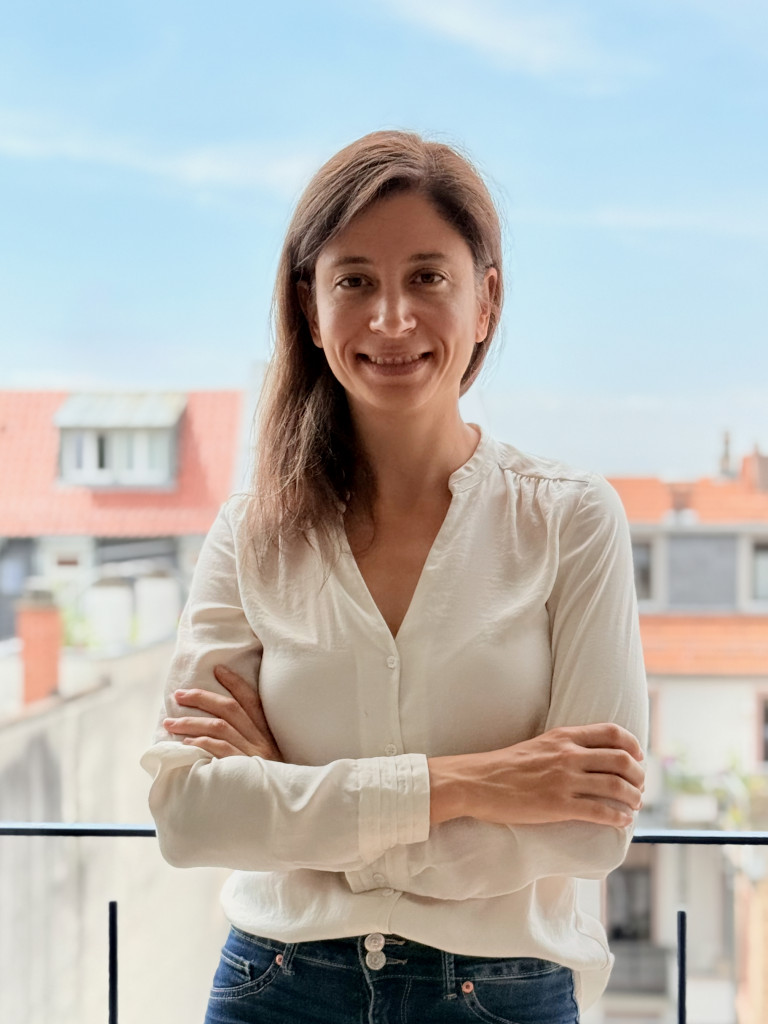
Women's Impact Award
Breakthrough of the Year
German Cancer Research Center (DKFZ)
Ângela Gonçalves
- 2025
- Speaker
- Female Science Talents
Ângela Gonçalves originally trained in Computer Science at the University of Coimbra in Portugal, where she focused on the development of biologically inspired artificial intelligence algorithms. Following a research stay at the European Space Agency, she was awarded a fellowship to pursue a PhD in Computational Molecular Biology at the European Bioinformatics Institute, earning her doctorate from the University of Cambridge in 2012. During her PhD, she investigated the evolution of gene expression regulation during mammalian speciation and developed some of the earliest computational methods for RNA sequencing analysis.
She went on to conduct postdoctoral research in population genomics at the Wellcome Trust Sanger Institute. In 2017, she received a pump-priming grant from the Cambridge Cancer Centre Early Detection Programme, initiating work on the use of menstrual fluid as a model system for tracking somatic mutations in normal tissues over time.
Since 2018, Ângela has led a joint wet- and dry-lab research group at the German Cancer Research Center (DKFZ) in Heidelberg. Her research focuses on modeling healthy aging and the evolution of somatic mutant clones in normal and pre-malignant tissues, with the goal of developing methods for cancer prevention and early detection. Since 2022, she has also served as co-lead of the Digital Cancer Prevention group at the National Cancer Prevention Center. Since 2024 she is full Professor at Heidelberg University.
Ângela Gonçalves is a 2025 Falling Walls Winner in the Women's Impact Award category.
How the biological clock ticks in the female reproductive tract: the influence of reproductive cycling on aging and disease
Endometriosis, ovarian cancer, menopause — still under-researched and often misdiagnosed. This project combines AI, molecular biology, and clinical insight to develop non-invasive tools for early detection, personalized care, and healthier aging — directly challenging gender bias in medicine.